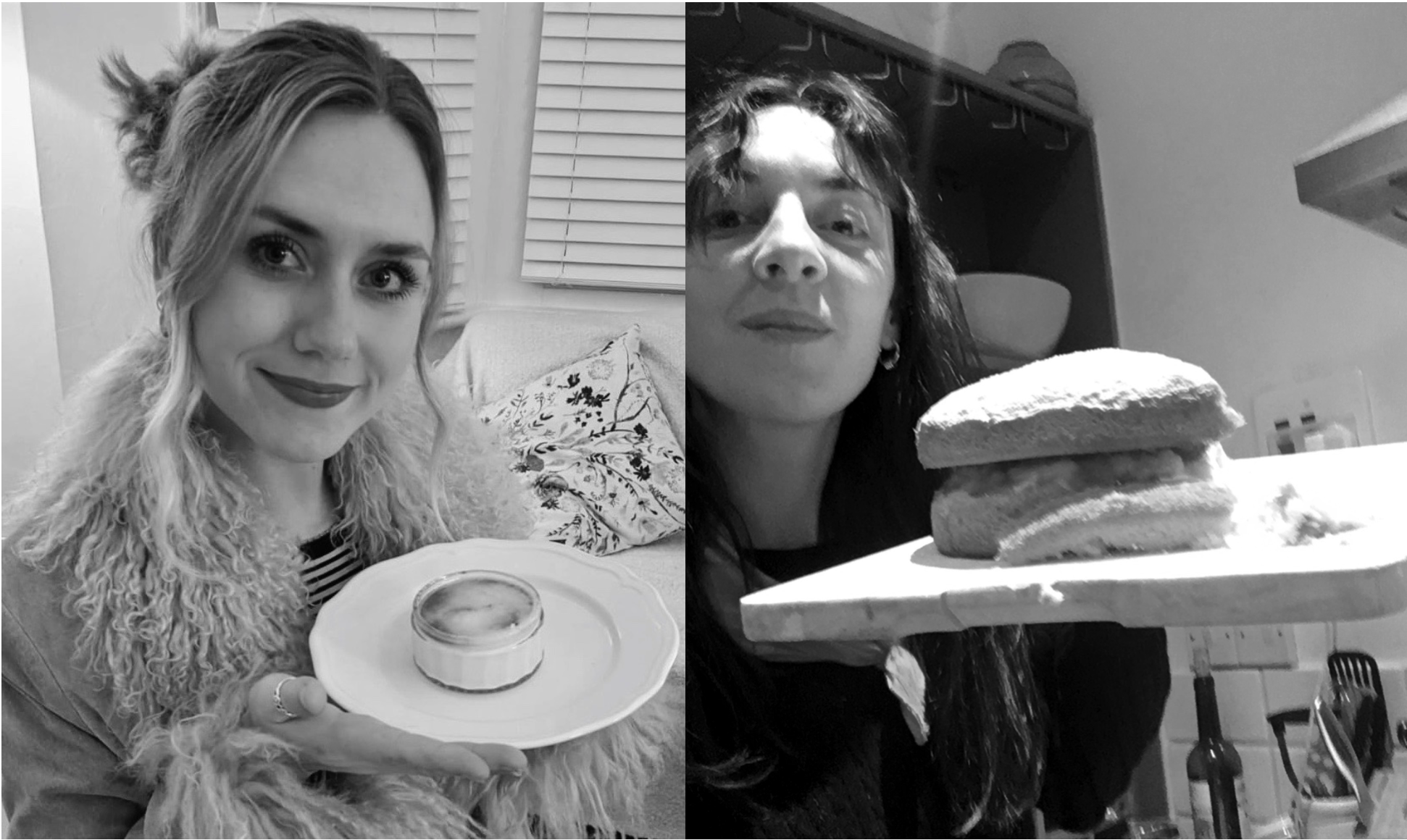Phoebe Ford and Maddie Stone

As you heap a teaspoon full of sugar into your cup of coffee, you probably don’t really think about the political battles that a sugarcane farmer may endure. You might consider the effects the weather may have on his crops, maybe envisaging images of tornadoes; however that systematic racism and bullying may bring down a farmer’s livelihood is something that most likely won’t cross your mind, as you now sip on that now sweetened cup of coffee.
A documentary film ‘Cain’ by director Phoebe Ford and producer Maddie Stone, will tell you the story of the Provost family.
Skilfully filmed the camera takes us through the landscape of this Louisiana countryside and farm life. There is a gentle soulful vibe, with the string of a bass guitar in the background. The whole jazz ambience of that part of the United States carries one through. The filming journeys us through the variance and beauty of this landscape and narrative of the environment, whilst the voice overs of the farmers themselves, narrates us through this dark story. It’s a different reality, the life black farmers face, as the documentary explains, all to ensure they could no longer continue their livelihoods as farmers and keep their small patch of farm land. Maddie and Phoebe explain, what struck them about this story, is the relationship people have with the land, and family history. How farmers lives are a legacy carried through generations, and how this was all destroyed for this family.
The filmmakers encountered the story of these sugarcane farmers and his family in the Guardian newspaper back in 2018. They were deeply moved when reading about the abuse that these farmers endured in the United States. An industry that steeps into the American diet, in what is often called the ‘White Gold’ that fuelled the slave trade along with cotton farming. At first they just started talking about making this their first documentary together, whilst sitting next to each other at work. Then they contacted the journalist who put them in touch with June and Angie, the two farmers from Louisiana. The two young filmmakers decided that they would go ahead and make this, their first documentary. “Financed on a shoestring budget, that they themselves had saved up for.” Phoebe tells me, they tried to raise the money, “but nobody really wants to give money to film makers who haven’t made anything before”. Getting in touch with Angie and June was the first part, spending six months talking to them over the phone and Skype and making plans.
Both Phoebe and Maddie have very busy working lives themselves, they both have full-time jobs producing and directing documentaries together on the side; it was quite the challenge when they tell me how. They met working together at Passion Pictures Film, an Indie production company, Maddie was the Executive assistant to the Managing director and Phoebe worked in development. Both were just starting out on their journeys in film and became close friends, they tell me. Maddie left Passion Pictures in 2019, travelling to Manhattan in New York to attend film school, at the New York Film academy, between January and April 2019.


The friends stayed in touch and embarked on taking the idea of working together further, discussing ways to create their first documentary. As Maddie was already in the United States, Phoebe decided to join her and they travelled to New Orleans to actually embark on the project. They pitched their idea to a local up coming and talented film maker in the area, who was actually Australian, they point out. With a loose plan once they arrived, they were warmly welcomed by the Provosts and met friends and family; which included a large Crawfish boil barbecue, there was so much food they tell me, that they thought it was for 20 people or more. Not preparing for bad weather, they had two days of filming, a hire car, and one whole day of floods, with streets boarded off, Phoebe exclaims. The result a beautifully documented film, slickly edited and an elegantly compiled documentary.


I start talking to Phoebe and Maddie about their career journey. Phoebe tells me that as a teenager she loved film photography and loved taking photos. Always preferring to be behind the camera. She tells me she always knew she wanted to work in documentaries, a great passion of hers, she loved learning about real life and how these stories were told and loved history. She studied history at Goldsmiths, after graduating she describes her jobs as being anything other than inspiring. Struggling to find a job in the industry after graduating, the best way to get experience was as an intern. She found her first job in film, via the internet, a company looking for junior people to train as an assistant for a Netflix documentary series about hostages, called Captive. She still works for Passion Pictures, now in production and development.


Maddie tells me she loved acting in plays as a girl, so when she was reading English Literature at university, she became involved with the student theatre, primarily in the production side. When leaving university and looking for work, “film It seemed like the obvious thing” she tells me, so she decided why not give it a try and applied for jobs in film. Now she works in documentary film development at Universal Pictures. Both women, have an enthusiasm and tremendous energy and it’s this wilful determination that despite the odds, they wanted to tell this story. However what is most poignant, is the sensitivity that this film explores; it may be a documentary, telling us something dark and truthful. It’s how it is conveyed though, you are not left angry but more encouraged, with an incentive and that being, that something can be done about it.
Interview: Antoinette Haselhorst
